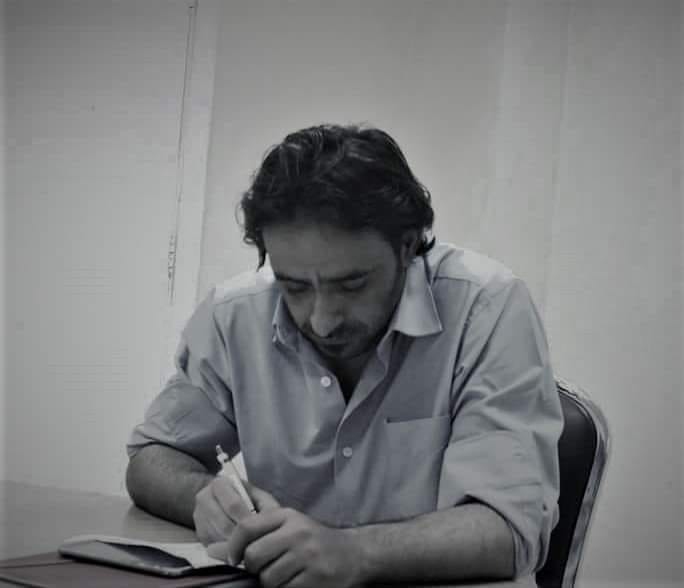Translated by Adel Fared
I will write today realistically away from the standards of hypocrisy with the governmental institutions, for what I monitored yesterday about the number of government radios deployed in Jordan, the amount of annual financial spending from the public budget on them, the percentage of followers of the outputs of these radios, and the size of the impact achieved from their outputs, the effects of I have many questions, especially in light of the digital development taking place in the local and international media system.
Let's imagine together that a country like Jordan has a population of about 10 million people, living in a geographical area that does not exceed 90,000 square kilometers, broadcasting in its space 24 government radios, at a financial cost of approximately 30 million annually from the state's general budget, in A time when Jordan is suffering from successive economic crises, high debt, and endless debt deficit.
It is unreasonable for the government's economic mind to agree to license this number of government radios at such a huge cost unless it is a mind that does not belong to the planning and management system and works according to whims and special moods, favors, patronages, and unjustified waste, at a time when the government can cover the entire map of the Kingdom with 10 Radio stations or less and are multi-purpose and specialization and broadcast the official and governmental views as well.
It is clear, according to the data and information we have, that there is a major defect in the government spending methodology, and this is due to the complete absence of real oversight over the spending mechanism, and the poor methodology of construction, expansion, and expansion of state institutions in a random way, which was the most prominent reason for our arrival. Successive financial crises, deportation, postponement, and failure of many economic and investment development programs in various government institutions due to lack of funding, in addition to the loss of a lot of treasury funds, which would have been better invested in projects that benefit society and the state in general.
And let us be a little honest with ourselves. If we conducted a simple survey on the percentage of audiences that follow government radios, we would find that the proportion is almost negligible in comparison with private sector radios, especially since our government radios broadcast with media templates of an official nature, which does not find attractiveness to black people. The greatest number of followers are looking for entertainment and diversity in the radio media content, especially that Jordanian society is characterized by being a youth society.
Not to mention the issue of the main goal of the communication process, which is "influence", in which we see that influence and the formation of public opinion issues do not occur except through private radios, the most prominent examples of which are the "West El-Balad" program presented by colleague Dr. Hani Al Badri " Besaraha Ma Alwakeel” program and "Khali W Ali " program for the colleague Osama Al-Jitawi and other programs that capture the largest percentage of viewers and follow-ups by the audiences, achieve influence and pose important issues in the public opinion square.
The conclusion of my talk revolves around reconsidering this huge amount of unjustified financial spending from the general budget on this large number of government radio stations and trying to reduce them and investing the money in development and investment projects that benefit society, the economy, and the movement of economic activity, or by allocating These amounts are for the development and promotion of other state and semi-governmental media such as Petra Agency, TV and newspapers, which are suffering from financial scarcity in the course of their new digital journey.

